Description
All-Purpose Flour: A Comprehensive Guide
Introduction
All-purpose flour is a staple ingredient in kitchens worldwide, valued for its versatility and ability to work in a variety of recipes. As its name suggests, all-purpose flour can be used for many culinary applications, from baking to thickening sauces. This guide will provide a detailed look at all-purpose flour, covering its composition, types, nutritional benefits, culinary uses, and storage tips.
What is All-Purpose Flour?
All-purpose flour is a refined flour made from a blend of hard and soft wheat. It is milled from the endosperm of the wheat kernel, which is the starchy part, after removing the bran and germ. This results in a flour that is light in color and has a moderate protein content, usually around 10-12%. This balance makes it suitable for a wide range of baking and cooking tasks.
Types of All-Purpose Flour
- Bleached vs. Unbleached:
- Bleached All-Purpose Flour: This flour has been chemically treated with bleaching agents like chlorine or benzoyl peroxide to whiten the flour and soften the texture. Bleaching can also improve the flour’s baking performance by altering the protein structure.
- Unbleached All-Purpose Flour: This flour has not been chemically treated, retaining its natural off-white color. It has a slightly denser texture and may impart a slightly different flavor and texture to baked goods compared to bleached flour.
- Enriched All-Purpose Flour: Many all-purpose flours are enriched, meaning they have added vitamins and minerals such as iron and B vitamins (thiamin, niacin, riboflavin, and folic acid) to replace the nutrients lost during the refining process.
Nutritional Benefits
- Macronutrients: All-purpose flour provides a good source of carbohydrates, which are essential for energy. It also contains a moderate amount of protein, contributing to muscle repair and growth.
- Vitamins and Minerals: Enriched all-purpose flour contains added nutrients like iron and B vitamins, which are important for energy production, brain function, and red blood cell formation.
- Low in Fiber: Since all-purpose flour is refined, it is low in dietary fiber compared to whole wheat flour. Fiber is important for digestive health, so it’s beneficial to balance all-purpose flour with other high-fiber foods in your diet.
Culinary Uses
- Baking:
- Bread: All-purpose flour can be used to make various types of bread, from quick breads and muffins to yeasted loaves. It provides structure and texture, although it might not produce the same chewy crumb as bread flour due to its lower protein content.
- Pastries: It is ideal for making pastries, cookies, cakes, and pie crusts due to its moderate protein content, which creates tender and flaky textures.
- Cakes and Cookies: All-purpose flour is perfect for cakes and cookies, offering a balance of strength and tenderness.
- Cooking:
- Thickening Agent: All-purpose flour is often used to thicken sauces, gravies, and soups. It can be mixed with fat to create a roux or blended with liquid to form a slurry.
- Breading and Coating: It is commonly used for breading and coating foods before frying, providing a crispy exterior.
- Pasta and Noodles: All-purpose flour can be used to make homemade pasta and noodles. While it may not be as strong as durum wheat flour, it still produces a satisfactory texture.
Storage Tips
- Proper Storage: Store all-purpose flour in an airtight container in a cool, dry place, such as a pantry or cupboard, to prevent it from absorbing moisture and odors.
- Refrigeration and Freezing: For longer shelf life, store flour in the refrigerator or freezer. This helps prevent rancidity and keeps pests away. Ensure the flour is in a tightly sealed container to avoid condensation when it is brought back to room temperature.
- Shelf Life: Properly stored, all-purpose flour can last up to a year in the pantry, longer in the refrigerator, and indefinitely in the freezer.
Health Considerations
- Gluten Content: All-purpose flour contains gluten, a protein that gives dough its elasticity and strength. It is unsuitable for individuals with celiac disease or gluten sensitivity.
- Blood Sugar Impact: Due to its refined nature, all-purpose flour has a higher glycemic index than whole grain flours. It can cause a more rapid rise in blood sugar levels, so it should be consumed in moderation by individuals managing blood sugar levels.
Environmental Impact
- Sustainable Farming: Look for all-purpose flour brands that prioritize sustainable farming practices. This can include organic farming methods, non-GMO practices, and efforts to reduce carbon footprints.
- Packaging: Consider the environmental impact of packaging. Opt for brands that use recyclable or minimal packaging to reduce waste.
Conclusion
All-purpose flour is a versatile and essential ingredient in many kitchens. Its balanced protein content and fine texture make it suitable for a wide range of baking and cooking applications. Whether you’re making bread, cakes, cookies, or thickening sauces, all-purpose flour provides the consistency and reliability needed for delicious results. Understanding its nutritional benefits, culinary uses, and proper storage can help you make the most of this indispensable pantry staple.
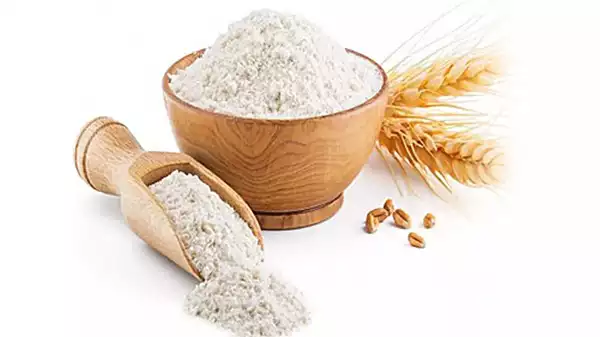
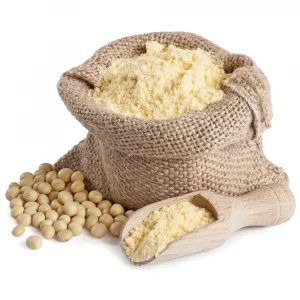
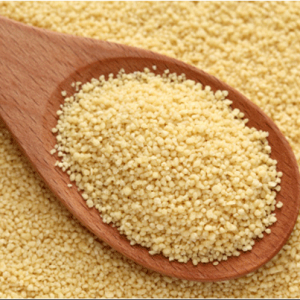
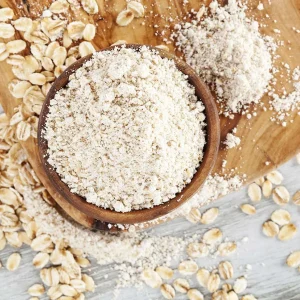
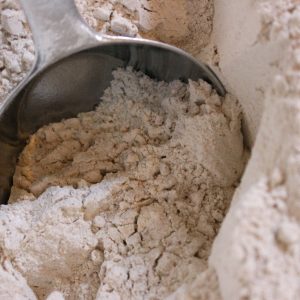
Reviews
There are no reviews yet.